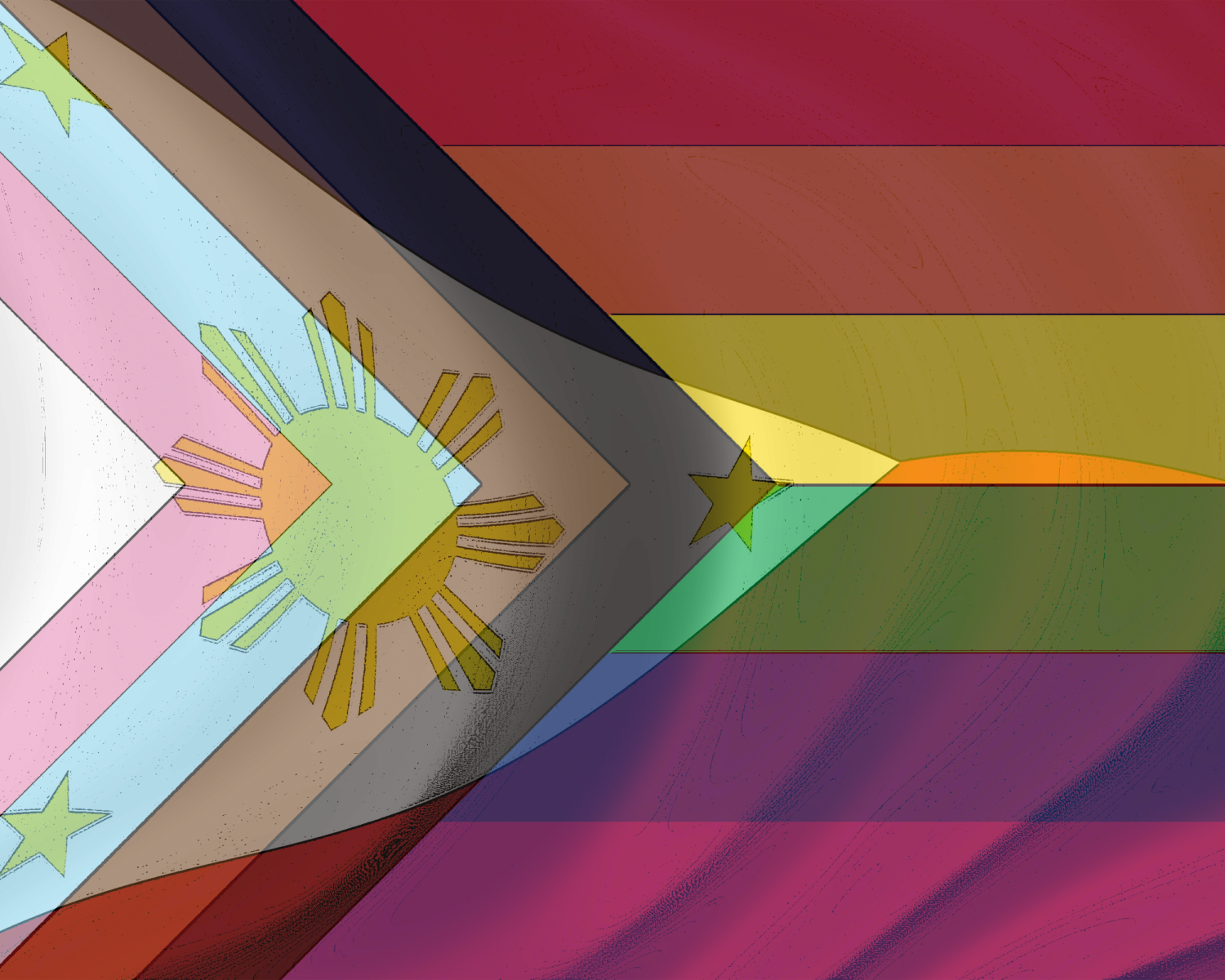My partner Christian and I hold hands. Since the earliest days of our relationship, one of the gestures that is continuous and strongest between us is our holding hands as a couple. I remember the first time we held hands together was at Portland’s Saturday Market. He reached back to me with his right hand as we glided between the booths of arts and crafts paraphernalia, and I reached out with my left hand. We’ve been holding hands together ever since then, in public places as well as in the privacy of our home, amid strangers and among friends and family members. Why? Because we love one another.
Touching hands and holding hands is, well, as old as the Bible itself, and is an expression of love. There are four kinds of love in the Bible, which find themselves expressed through the touch of a hand. There is philial love, or love of friend. Next, there is storge love, or love found in a family. This is followed by eros love, or romantic love. Finally, there is agape love, a love embodied by Christ, or a love of the Divine, embodied in the giving of one’s self for the good of the other.
How does such love show itself through the simple gesture of touching and holding of hands? Consider that throughout Hebrew Scriptures and the New Testament, there are many examples of people bestowing power and confirming relationships with one another, and with God, with the careful touch of a hand. This is best known as agape love. For example, in all four Gospels we read of Jesus reaching out and touching hands, most often as a healing touch, bringing people back to health and wholeness, as Jesus did with Jairus’ daughter (Mark 5:21-43). Jesus, God with us, touched and healed people with not only his words, but with his hands, in which Jesus embodied God’s self-giving love for all creation.
The same is true with all of us in our reaching out and touching or holding a hand with one another in a family. This is storge love. Holding hands as a sign of love is something most of us were taught when we were young children, and then practiced as adults. For example, as a child, I held one of my parents’ hands when walking around especially unfamiliar areas, or walking home from a nearby playground. With my own children, when they were young, and now with our granddaughter, one of the ways that I express love is by holding hands with them. As a parent, I remember reaching into the crib and holding my children’s hands, or watched in awe as one of my children grabbed on to one of my fingers with such a wonderful strong grip, making me smile. There is something almost magical, and indeed enchanting, about holding hands with our children and grandchildren. While some times holding hands is a good way to be sure a child is not straying away, there is nothing like holding our young children’s hand as an expression of family love.
At LGBTQIA+ pride events and Black Lives Matter marches, I witness people holding hands or locking arms and walking with one another as we walk down streets, often behind banners, as a visible sign of solidarity. This is a philial form of love as we stand together as friends, with our siblings in the LGBTQIA+ community, or walk with others who have been oppressed and felt the sting of marginalization in the greater society. There is strength in numbers that is enhanced when people show comradeship by touching and holding hands or locking arms together as we walk forward together, calling out for justice, and not one step back.
Finally, as consenting adults, two people holding hands in public is a sign of our love and intimacy with one another. There is eros love. We hold hands with partners to show the other person that we love them. Some research has even shown that couples who often hold hands express less anger and more satisfaction with their relationship than couples that don’t hold hands (Paisley Gilmour, Cosmopolitan Magazine, January 28, 2020).
I’m also aware that holding hands as a gay couple, or same sex couple, or holding hands together at a pro-LGBTQIA + is also a political sign in today’s world. My partner Christian and I have held hands in cities that were very pro-LGBTQIA+, like Portland, Oregon and Seattle, but also in some parts of our country which are not necessarily known for being environments that are welcoming of LGBTQIA+ people, let alone LGBTQIA+ people holding hands. One incident in which our holding hands created a strong reaction was on Easter morning, 2020, in which Christian and I held hands near a city park in Portland. A person who had recently wakened on a bench where he was sleeping yelled “Faggots!” as we walked by him. We didn’t react but kept walking towards where we were staying downtown. “Hey, faggots!” he yelled louder, running up to us, and spitting on Christian. As I called 911, telling the man I was calling the police, Christian tried to talk the man down who was yelling at us. The person finally moved away from us, still shouting as we continued our walk to where we were staying. In this example, all four kinds of love showed up and presented themselves out of our simple holding of hands: eros or romantic love, which is a constant; philial love of one another and solidarity with one another; storge love or love of family; and agape love as we defended each other, for the good and protection of the other.
In the world in which we live, more gestures of love, like holding hands and hugs, are needed. For example, during the COVID 19 pandemic, I have heard how people have missed one of two things: holding hands together and hugging one another. Fist bumps and bumps with elbows doesn’t have the same effect as holding hands and hugging one another. As we come out of this pandemic, let us practice more often all four kinds of biblical love with each as we show the world what it means to be part of the body of the risen Christ through the simple gesture of holding one another’s hands in friendship and love.

| Rev. Dr. Brett Webb-Mitchell is an ordained Presbyterian Church (USA) pastor, a teacher, writer, speaker, pilgrim, LGBTQIA+ activist, parent, grandparent, pet lover, and in a partnered relationship with Christian Halstead. Currently, he is the organizing pastor of The Community of Pilgrims Presbyterian Fellowship in Portland, OR (www.communityofpilgrims.com), and founder of the religious non-profit School of the Pilgrim(www.schoolofthepilgrim.org), leading church groups on pilgrimages here and abroad. He has authored ten books, the latest three books on pilgrimage. For the last three years he was also the LGBTQIA+ Advocacy Coordinator in the OR-ID United Methodist Church Conference, has been pastor or interim pastor with ten churches, and taught at North Carolina Central University and Duke University in Durham, NC for over fourteen years combined. He is currently writing a daily devotion, A Daily Devotion for Ordinary Pilgrims on an Extraordinary Pilgrimage, and his memoir, Everyday Superman: A Gay Critique on the Decline of American Christianity. |





Unbound Social